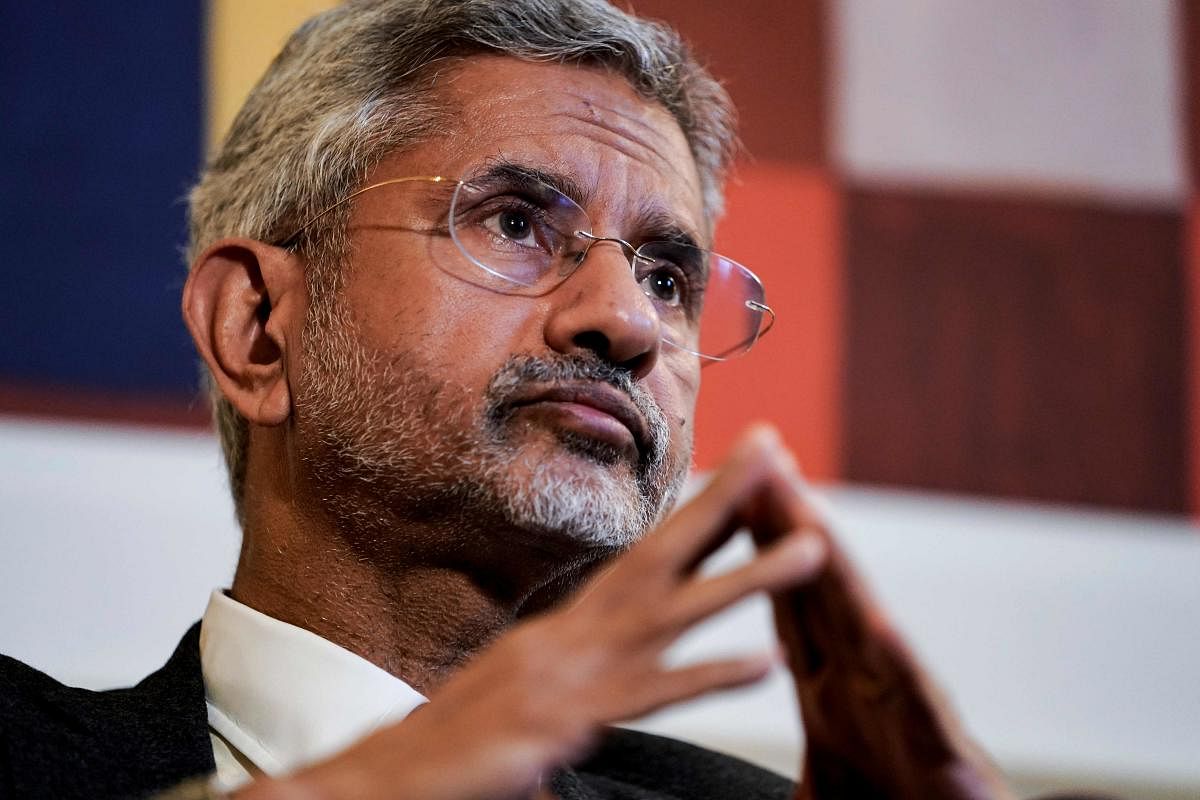
The “liberals” often oppose change more than the “so-called conservatives”, External Affairs Minister S Jaishankar said on Friday, with the Government led by Bharatiya Janata Party (BJP) in New Delhi drawing flak from certain sections of international community for its actions in Jammu and Kashmir and its new citizenship law.
“The status quo is comfortable for the consensus of the day. And, that obviously is very much based on the shared world view of ‘people like us’. People like us is not people like us, but people like ‘US’,” External Affairs Minister said, taking a subtle jibe at United States. “So, when governments and societies depart sharply from what is supposed to be an established norm, their actions are subjected to a vigorous challenge.”
“The paradox thus emerges where liberals often oppose change more than so-called conservatives,” Jaishankar, said, adding “We have seen some striking examples of that in our own society in recent times. These are not just on political and security issues, but even on social and development goals.”
He was speaking at the “India Ideas Conclave 2020”, which is being held by “India Foundation” – a think-tank based in New Delhi – at Kevadia in Gujarat from Friday to Monday.
“Somehow, a sense of morality is attributed to non-change. In contrast, addressing long-standing governance problems is made to look risky, if not retrograde.”
Jaishankar, who retired as Foreign Secretary in January 2018, took over as External Affairs Minister on May 30, 2019, as Prime Minister Narendra Modi commenced his second term in the top office in New Delhi.
The retired diplomat has been leading efforts to defend Modi Government from criticism from a section of international community over the past several months – be it for imposing restrictions on citizens, blocking internet and detaining political leaders and activists in Jammu and Kashmir after stripping the state of its special status and reorganizing it into two Union Territories, or for enacting the Citizenship (Amendment) Act.
“Much of the argumentation in the world today revolves around the orthodoxy of views and the departures therefrom. Like beauty, correctness too is in the eye of the beholder or more accurately, in the mind of the decider,” External Affairs Minister said.
The violent clashes over the Citizenship (Amendment) Act in North-East Delhi this week too drew attention of the international community.
When violence broke out in North East Delhi, US President Donald Trump was on a visit to India. He, however, refrained from taking it up with Prime Minister or making any comment about it during his press conference in New Delhi on Tuesday. After his return, the US Government's State Department, however, on Thursday subtly nudged India to respect the right of peaceful assembly. The US Commission for International Religious Freedom (USCIRF), however, expressed “grave concern” over violence in North-East Delhi in a more straightforward manner. Michelle Bachelet Jeria, United Nations High Commissioner for Human Rights, also expressed concern over “reports of police inaction in the face of attacks against Muslims by other groups, as well as previous reports of excessive use of force by police against peaceful protesters”. “This (violent clashes) has now widened into broader inter-communal attacks, with 34 people killed since Sunday 23 February. I appeal to all political leaders to prevent violence.”
The 57-nation Organization of Islamic Cooperation (OIC) also expressed concern over violence in the National Capital Territory of India.
